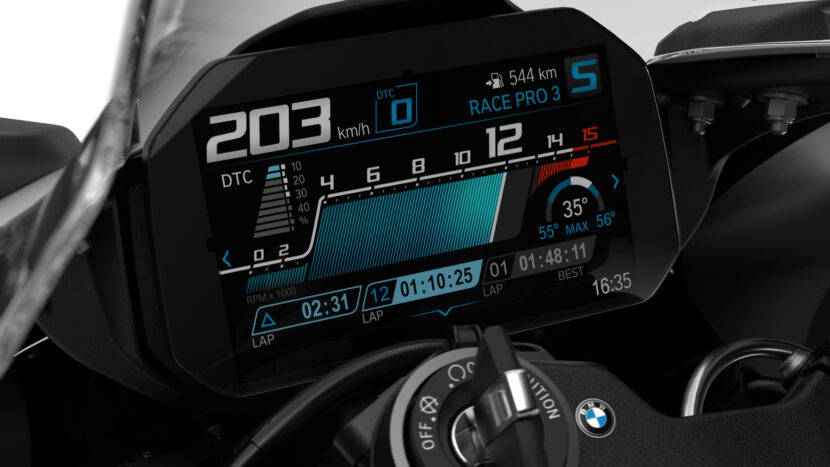As we reported a few months ago, BMW is reportedly exploring the possibility of entering MotoGP by 2027, a move that could mark a significant shift in the company’s motorsport strategy. The speculation follows comments from Markus Flasch, the new CEO of BMW Motorcycles, who indicated that the company is evaluating the feasibility of participating in the premier class of motorcycle racing.
Flasch, who assumed leadership of BMW’s motorcycle division in November 2023 after moving from the BMW M automobile division, has suggested that MotoGP could be a logical next step for the brand. His predecessor, Markus Schramm, was known for supporting BMW’s involvement in the Superbike World Championship (WSBK), but Flasch appears to be considering a broader approach that includes MotoGP.
2027: A Potential Entry Point

The 2027 season is seen as a potential entry point for BMW due to upcoming rule changes that will require all manufacturers to develop new motorcycles. These changes could provide a more level playing field for new entrants like BMW, which would not have to compete against teams with established, long-term development programs. Alex Hofmann, a former MotoGP rider and current brand ambassador for BMW M, noted in an interview with motorsport-total that the timing could work in BMW’s favor. “The new regulations make the 2027 season a good time for BMW to consider entering MotoGP. With everyone starting fresh, it could mitigate some of the disadvantages of being a new team,” Hofmann told Motorsport-Total.com.
Challenges Ahead

Despite the potential benefits, Hofmann also pointed out the significant challenges that BMW would face if it decides to enter MotoGP. “Entering MotoGP would require BMW to build the necessary infrastructure and supplier networks that other teams have spent years developing,” Hofmann said. He emphasized that BMW would need to adopt a more agile decision-making process, contrasting with its typically longer timelines.
Hofmann also stressed the importance of realistic expectations. “If BMW commits to MotoGP, they shouldn’t expect immediate success. It’s going to take time to build a competitive team, and they’ll need to set achievable goals rather than aiming for quick wins,” he added.
Flasch also told us in May that there is a lot of potential in MotoGP’s future, especially with Liberty Media, the owners of Formula 1, now at the helm. “MotoGP will receive even more attention in the future with Liberty Media taking over,” Flasch says. “We see what happened to Formula One when Liberty Media took over,” Flasch explained. Flasch further emphasized the seriousness of their consideration. “We seriously consider it what we have not made any decision yet,” Flasch told us. One significant hurdle is the cost. Flasch candidly addressed this concern, saying, “Cost. It’s an investment into the brand. And, as you know, with marketing, it’s always hard to tell if the first or the second $50 million that you spent was the right $50 million.”
Data Acquisition from Suzuki

In a related development, there are reports that BMW has acquired data from Suzuki’s final MotoGP season for a reported €18 million. Suzuki’s factory team, which withdrew from MotoGP after the 2022 season, had some success. While this data could provide BMW with valuable insights, Hofmann cautioned that it won’t be a simple matter of replicating Suzuki’s approach, especially given the upcoming changes in MotoGP regulations.
BMW has been the official MotoGP Safety Car vendor since 1999 but it has yet to enter the top-tier motorcycle racing competition. As the 2027 season draws closer, the motorsport community will be watching to see if BMW joins the grid.
[Source: motorsport-total]





































































